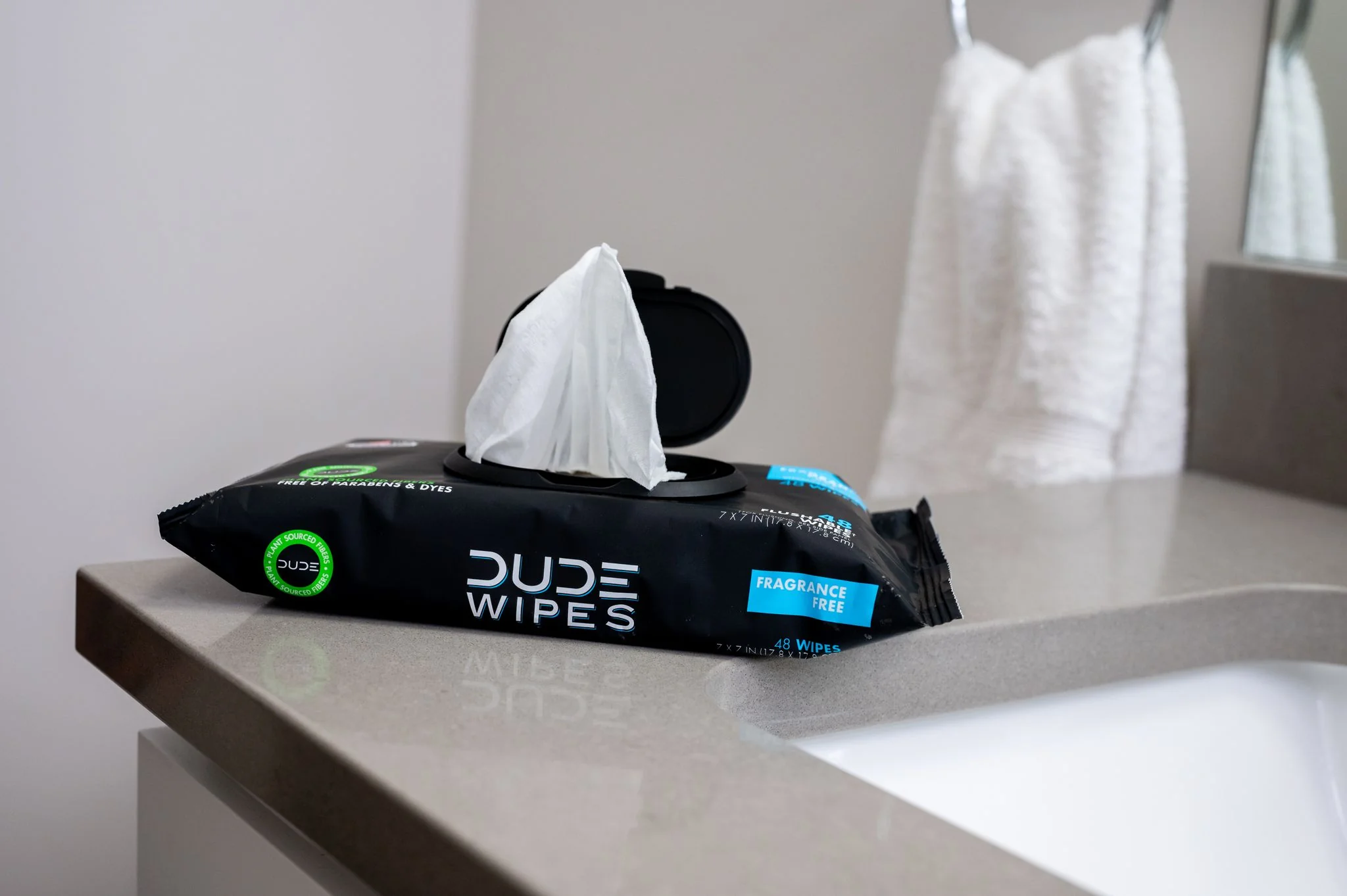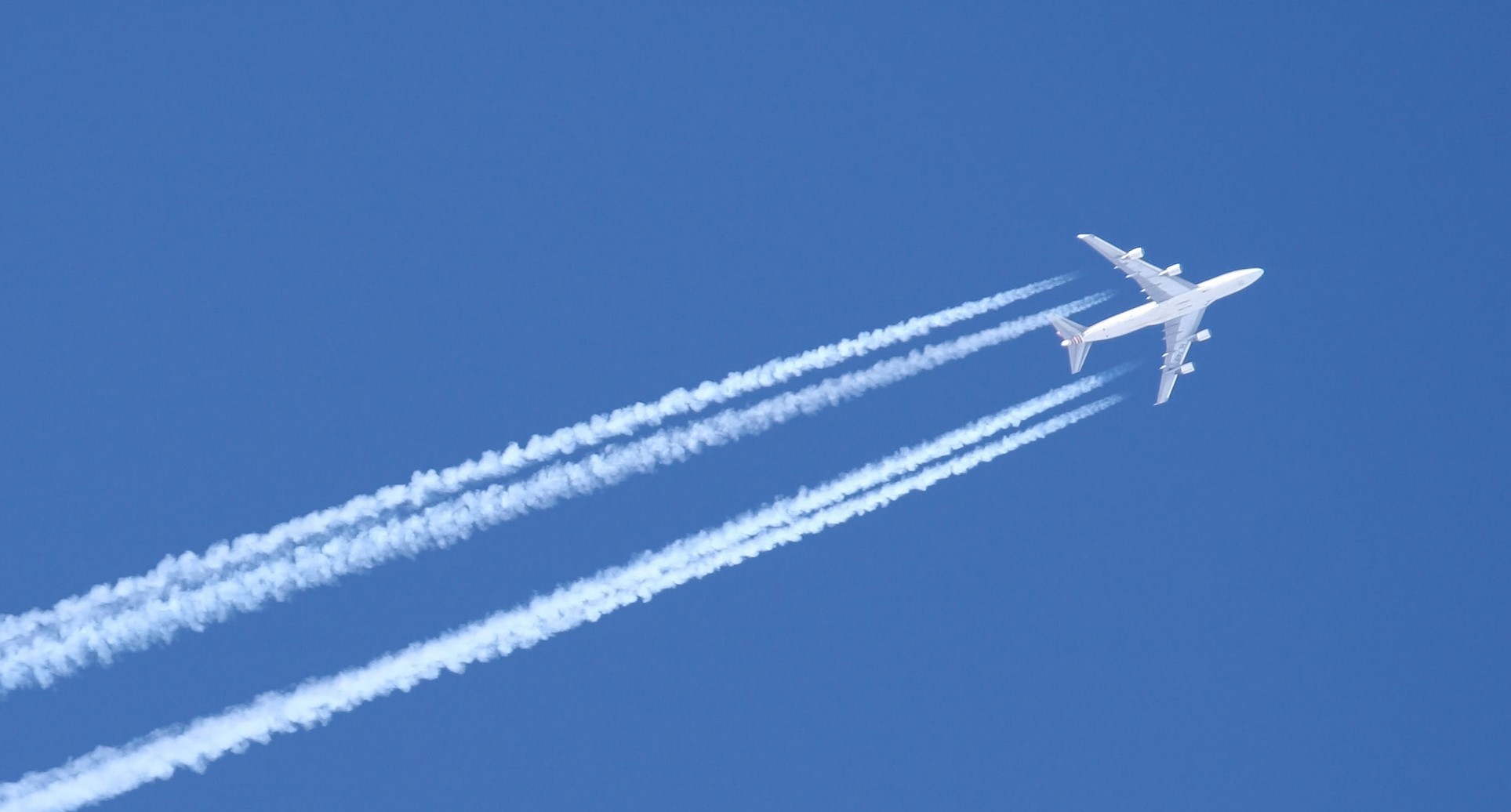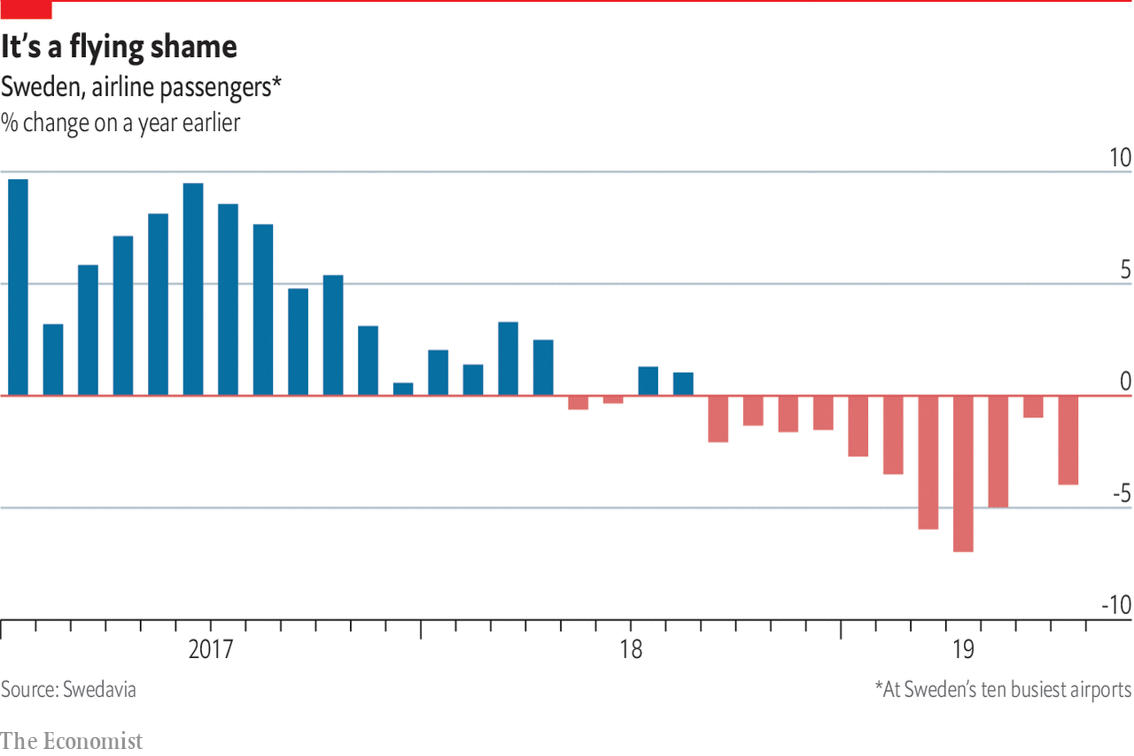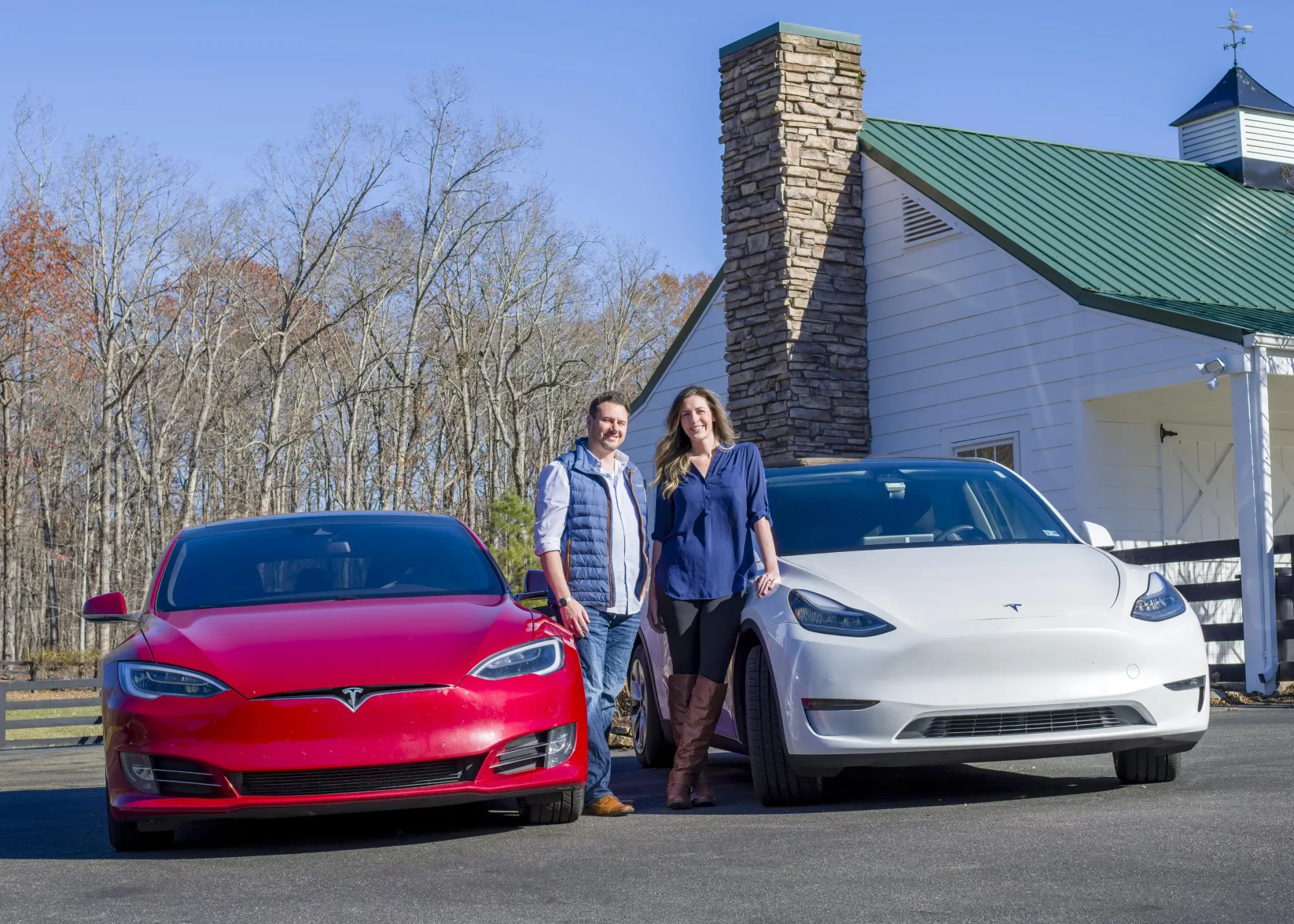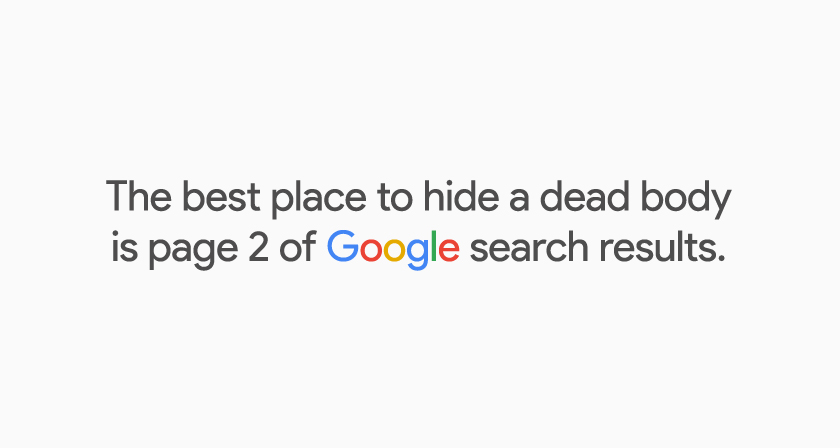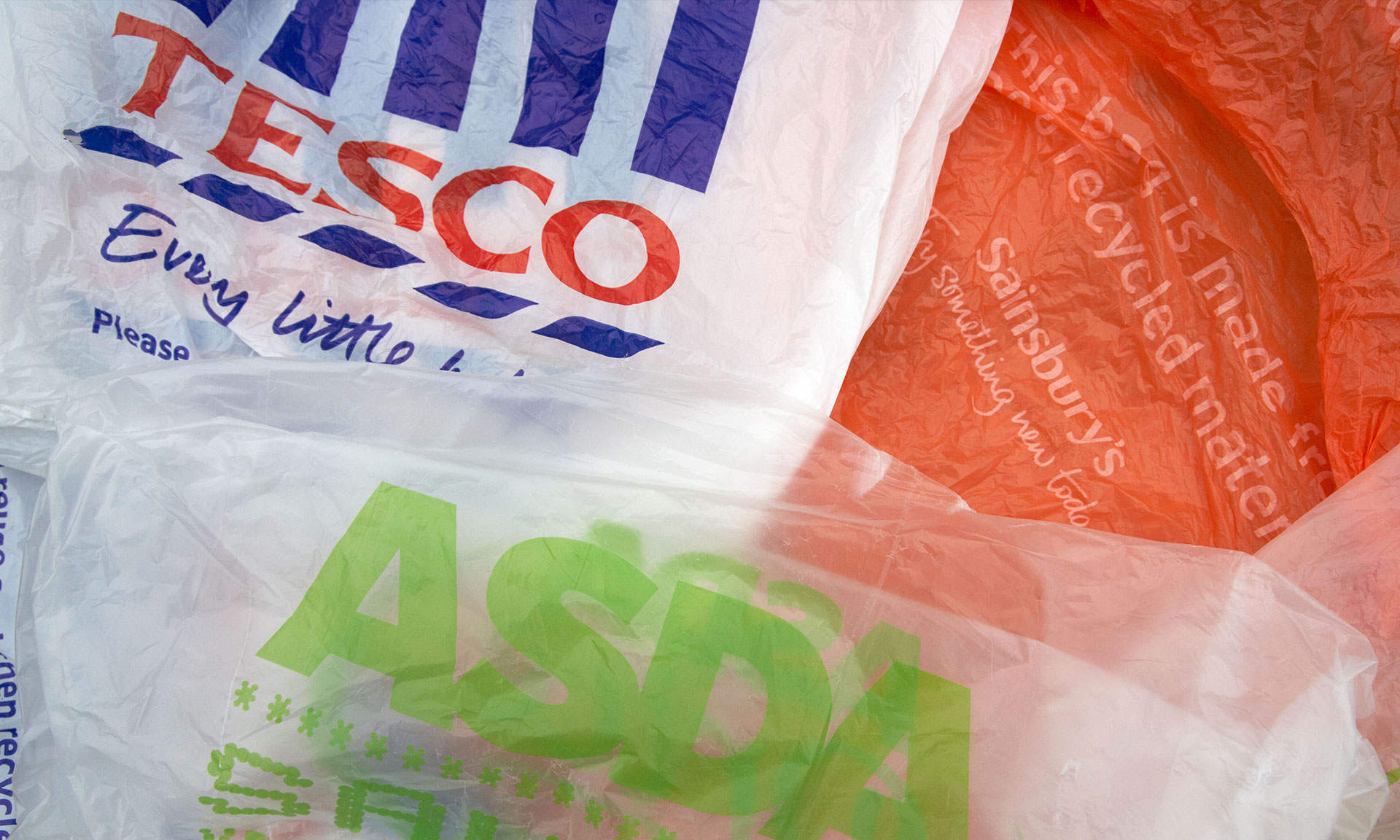Clock changes are no laughing matter: leaving Daylight Savings Time in the autumn increases minor road accidents by 13%, when an hour of sunlight is reallocated back to the morning and it is darker in the evenings.
Consumer Behaviour
30% of Americans don’t drink at all, while the top 10% have 74 drinks per week.
It isn’t actually a brand for dudes – 50% of its buyers are women, who choose the brand over traditional toilet paper mostly because it cleans better.
At the peak of Covid-19, we were told that e-commerce would transform the world. It turns out online shopping has followed the same growth trajectory it was on before the virus.
Most people say they care about the environment, but that doesn’t mean they act on it. According to Ryanair CEO Michael O’Leary, just 1% of his airline’s passengers pay to offset their emissions. As he says, “people want low fare air travel, and people want somebody else to pay the environmental taxation.”
In 2018, Swedes coined a new term, Flygskam, or “flight shame”, to describe the embarrassment that travellers feel about their environmental impact. This phenomenon has helped to decrease passenger numbers by 8%, while train travel has boomed.
15% of people take 70% of all flights, and over half don’t fly at all.
The UK wastes over 7 million tonnes of food annually, and a significant portion of that is food thrown away because it’s past the use by date. So the charity WRAP, in partnership with Ogilvy, introduced ‘days on date labels’ – a brain friendly labelling system that displays both the day and the date on the use by label. Although only in pilot stage, the concept has been rated well by consumers and shows promise for the future.
If you want to reduce it, target the superusers. The top 10 percent of US motorists drive 30,000 miles or more a year and use an estimated 32 percent of all gasoline – more than the bottom 60 percent of US drivers combined.
Billions of people live in extreme poverty with almost no income, but that fact often feels too abstract to be meaningful. This prompted statistician Anna Rosling to launch Dollar Street, a project that uses photos to showcase the reality of living in poverty. Photographers have documented hundreds of homes in 50 countries so far, and in each home the photographer spends a day taking photos of up to 135 objects, everything from toothbrushes to shoes.
People say they seek out the best option, but their behaviour says otherwise. Only 0.63% of Google searchers clicked on something from the second page (hence it’s an excellent place to hide something bad…).
The pandemic was supposed to kill off gyms: who would want to pay when there were so many free alternatives at home? Yet 5 years on, gym memberships are at a record level (at least in the UK).
When business travellers were asked which hotel facilities were most important in their choice of hotel, 70% said the gym. But in reality, only 17% use the gym when they stay.
At Heathrow airport, 80% of noise complaints come from just 10 people.
Ask the right question. In a control study, usage declined dramatically when cashiers, instead of asking “how many plastic bags do you need?”, asked “would you need a plastic bag to carry your shopping home?” A clever tweak to change the default from taking a bag to not taking one.



